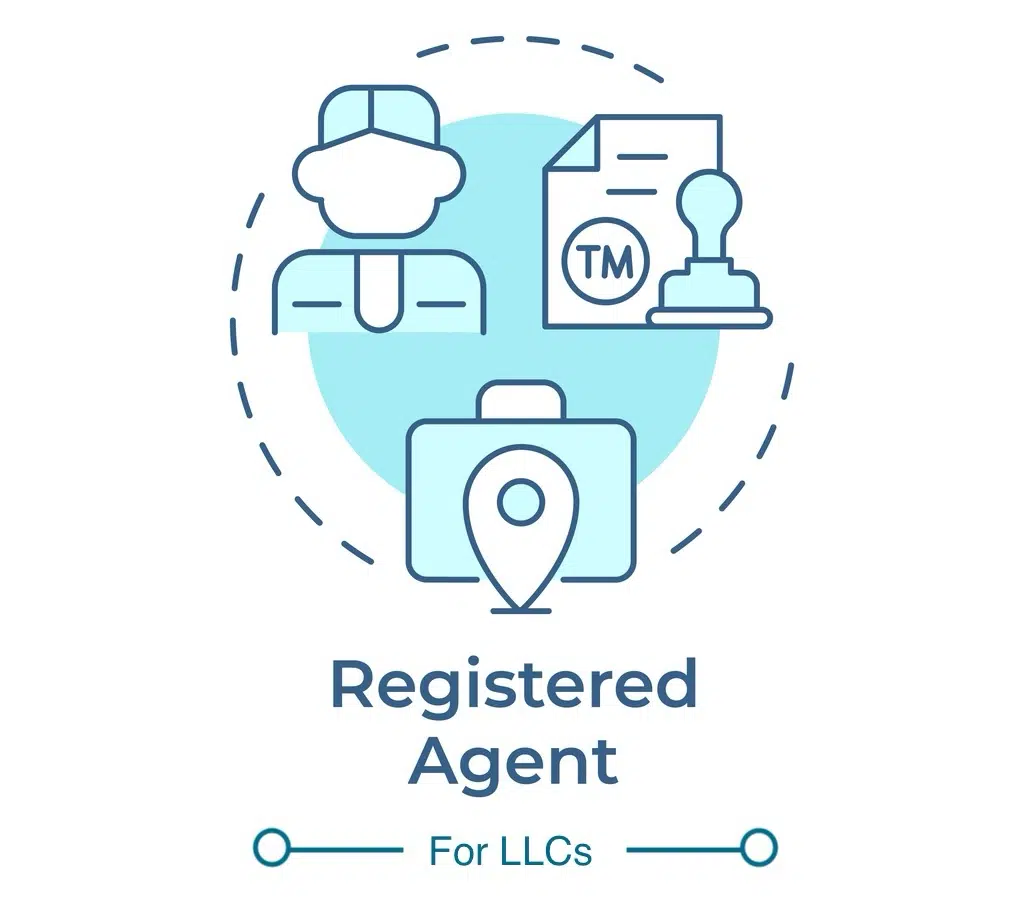 Fraud is a significant threat to small businesses, costing them thousands—or even millions—of dollars in financial losses each year. Small businesses in Los Angeles are especially vulnerable because they may lack the internal controls and fraud detection resources of larger corporations.
Fraud is a significant threat to small businesses, costing them thousands—or even millions—of dollars in financial losses each year. Small businesses in Los Angeles are especially vulnerable because they may lack the internal controls and fraud detection resources of larger corporations.
From employee theft to cyber fraud, small business owners must take proactive steps to prevent fraudulent activities that could harm their operations. In this blog post, we’ll explore the most common types of business fraud and how to protect your company from financial losses.
Common Types of Fraud in Small Businesses
Understanding the different types of fraud can help business owners identify and prevent potential risks.
1. Employee Theft and Embezzlement
Employees with access to company finances, cash registers, or sensitive information may engage in:
- Skimming cash or diverting payments.
- Creating fake vendors or invoices.
- Stealing inventory or company assets.
2. Cyber Fraud and Data Breaches
Cybercriminals target small businesses through:
- Phishing emails designed to steal sensitive data.
- Hacking into business accounts.
- Identity theft and fraudulent financial transactions.
3. Fake Invoices and Vendor Fraud
Fraudsters may create fake suppliers or overcharge businesses for services they never provided.
4. Credit Card and Payment Fraud
Fraudulent transactions, chargeback scams, and stolen credit card use can lead to financial losses for businesses.
How to Prevent Fraud in Your Small Business
Fraud prevention requires a combination of strong internal controls, employee awareness, and legal safeguards.
1. Implement Strong Financial Controls
- Separate financial duties—one person should not handle all financial transactions.
- Conduct regular audits of company finances and inventory.
- Use dual authorization for large transactions.
2. Conduct Background Checks on Employees
Before hiring employees who will handle money or sensitive data:
- Verify their employment history and references.
- Conduct criminal background checks (in compliance with California laws).
3. Secure Business Bank Accounts
- Use separate accounts for business and personal finances.
- Enable multi-factor authentication (MFA) for online banking.
- Regularly review bank statements for unauthorized transactions.
4. Protect Against Cyber Fraud
- Train employees to recognize phishing scams and cyber threats.
- Keep business software updated to prevent hacking.
- Use strong passwords and secure payment processing systems.
5. Monitor Vendor Transactions
- Verify vendors before making payments.
- Use purchase orders and require documentation for all transactions.
- Watch for duplicate or unusually high invoices.
6. Establish a Fraud Reporting System
Encourage employees to report suspicious activities by:
- Setting up an anonymous fraud hotline.
- Implementing a whistleblower policy.
7. Work with a Business Attorney
A legal expert can help protect your small business from fraud by:
- Drafting strong employee contracts and non-disclosure agreements.
- Assisting with fraud investigations and legal actions.
- Advising on compliance with state and federal fraud laws.
Fraud prevention is essential for small businesses to protect their assets, reputation, and long-term success. By implementing strong financial controls, cybersecurity measures, and legal safeguards, business owners can reduce the risk of fraud.
Need legal assistance to protect your business? Contact Law Advocate Group, LLP today for expert legal advice.



